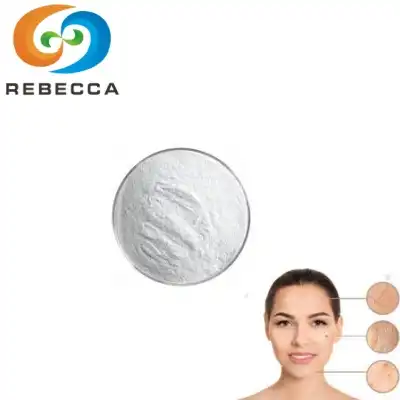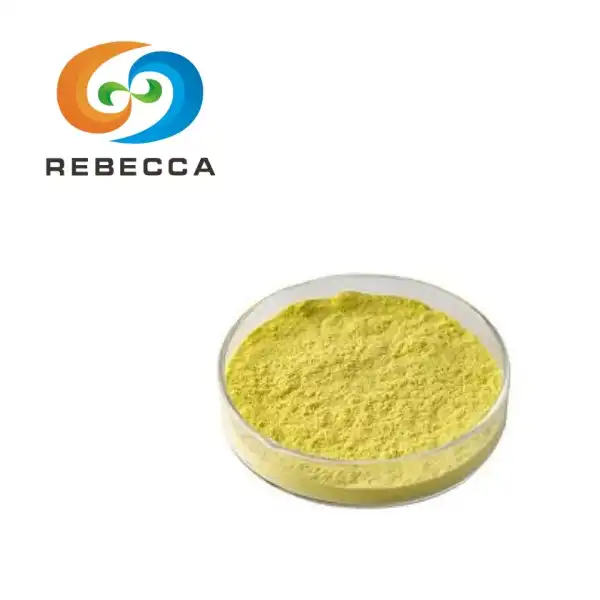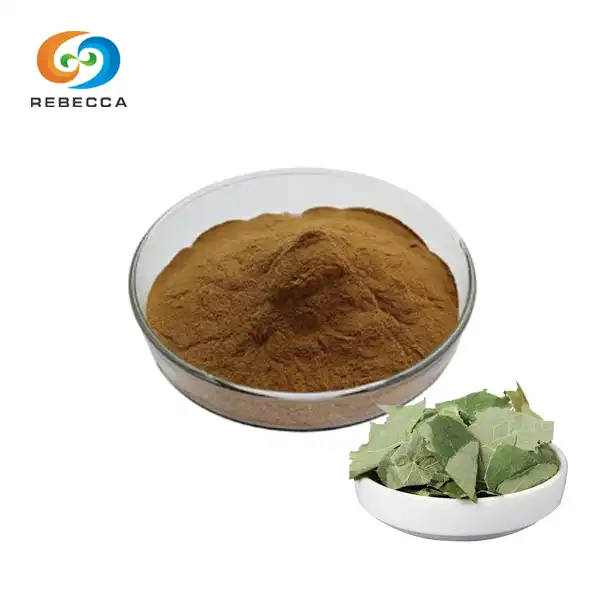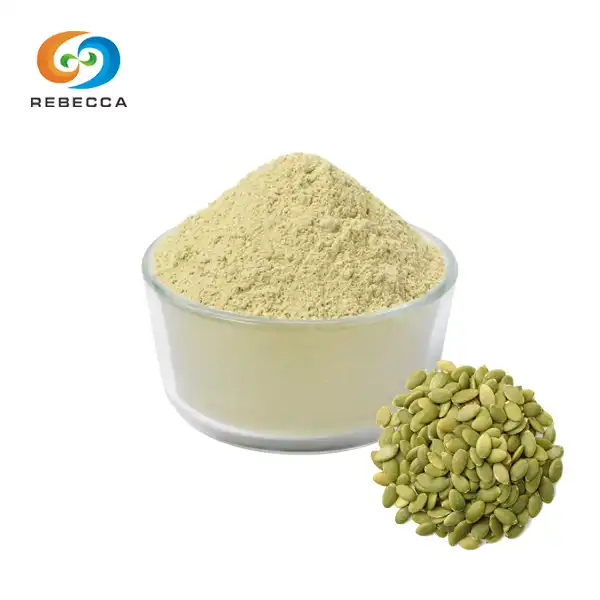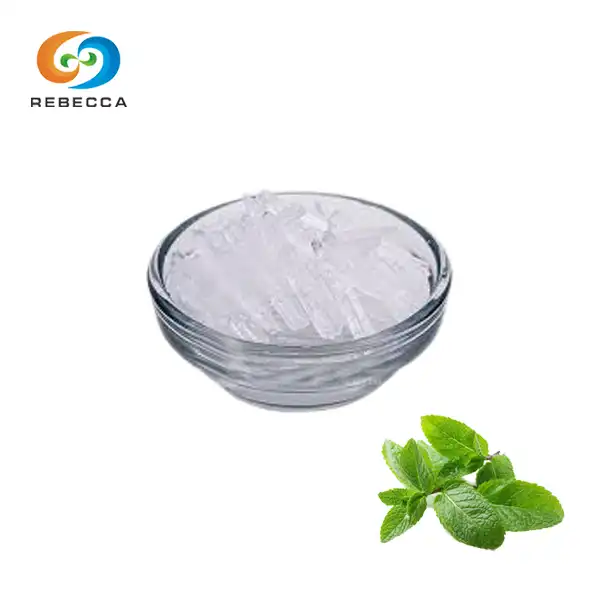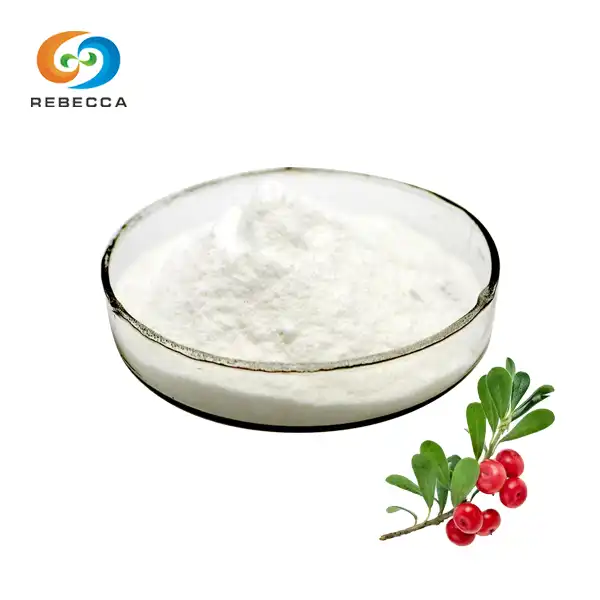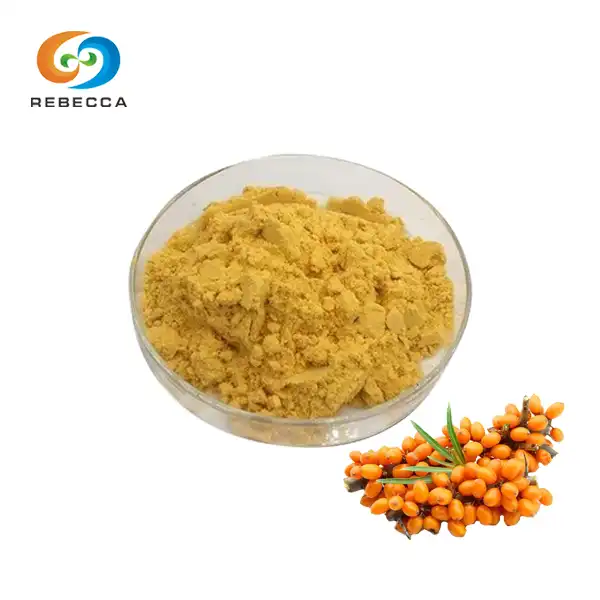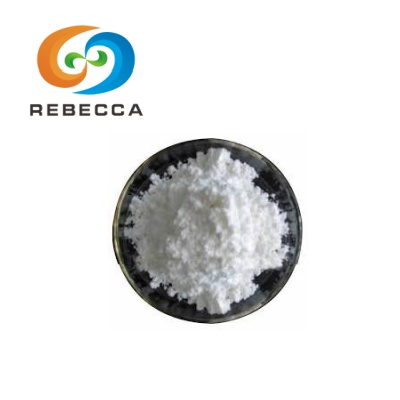What does pure creatine monohydrate do?
pure creatine monohydrate powder has gained significant popularity in the world of sports nutrition and fitness supplements. This compound has been the subject of seriously investigate due to its potential to progress muscle development and athletic execution. It can be found in small levels in some meals and is generated by the body.
As more people turn to supplements to optimize their fitness routines, understanding the effects and benefits of pure creatine monohydrate powder becomes increasingly important. Let's delve into the science behind this widely used supplement and explore its various applications in athletic performance and muscle development.
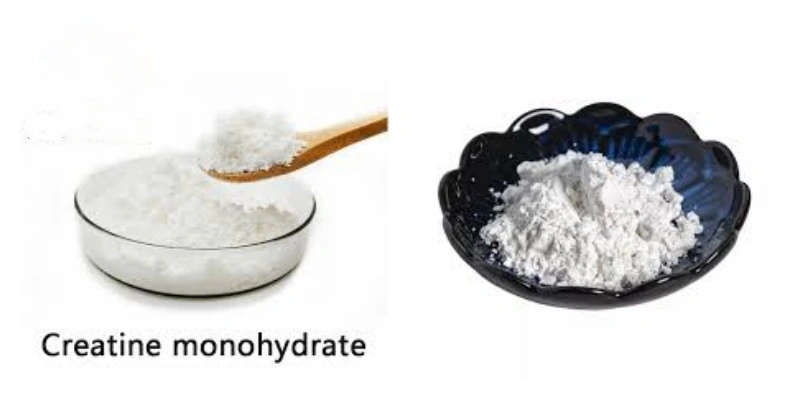
Enhance Muscle Performance
The fundamental mechanism underlying the effectiveness of creatine monohydrate is its capacity to improve muscle performance, especially during brief bursts of high-intensity exercise. This benefit stems from creatine's crucial role in the body's energy production system, specifically in the rapid regeneration of adenosine triphosphate (ATP), the primary energy currency of cells.
When muscles contract, they use ATP for energy. During intense exercise, ATP is quickly depleted, leading to fatigue. Creatine monohydrate supplementation increases the body's stores of phosphocreatine, a high-energy molecule that helps rapidly regenerate ATP. This process allows muscles to maintain high-intensity output for longer periods before fatigue sets in.
The impact of creatine on muscle performance is particularly noticeable in activities requiring short bursts of maximum effort, such as weightlifting, sprinting, and high-intensity interval training (HIIT). Studies have repeatedly demonstrated that taking supplements of creatine can result in improvements in a number of sports performance metrics, such as:

1. Increased power output: Studies have demonstrated that creatine can enhance peak power production during activities like jumping and sprinting. A meta-analysis of 22 studies found that creatine supplementation improved performance in high-intensity exercise lasting 30 seconds or less by an average of 7.5%.
2. Enhanced strength: Creatine has been shown to increase maximum strength in resistance training exercises. A comprehensive review of 22 studies found that individuals taking creatine supplements experienced an average increase in strength of 8% compared to those not taking creatine.
3. Improved sprint performance: In activities requiring repeated sprints, such as in team sports, creatine supplementation has been found to enhance performance. A study on elite soccer players found that those taking creatine showed improved sprint and agility performance compared to a placebo group.
4. Better recovery between high-intensity efforts: By helping to replenish ATP more quickly, creatine can improve recovery between sets of intense exercise, allowing for more work to be done in a training session.
Increase Muscle Mass And Strength
Past its prompt impacts on muscle execution, creatine monohydrate has earned consideration for its potential to increment muscle mass and quality over time. This viewpoint of creatine supplementation is especially engaging to bodybuilders, quality competitors, and people looking to make strides their in general body composition.
The instrument by which creatine contributes to muscle development is multifaceted:
1. Cell volumization: Creatine supplementation leads to increased water content in muscle cells, a phenomenon known as cell volumization. This increase in cell volume can stimulate protein synthesis and decrease protein breakdown, potentially leading to greater muscle growth over time.
2. Enhanced workout capacity: As discussed earlier, creatine allows for greater work output during high-intensity training sessions. This increased training volume can lead to greater muscle hypertrophy and strength gains over time.
3. Hormonal response: Some studies suggest that creatine may enhance the body's anabolic response to resistance training by increasing factors like insulin-like growth factor 1 (IGF-1), which plays a role in muscle growth.
4. Satellite cell activation: Creatine may help activate muscle satellite cells, which play a crucial role in muscle repair and growth.

Recommendation For Athletes
The widespread acceptance of creatine monohydrate in the athletic community is a testament to its effectiveness and safety profile. Many professional and amateur athletes across various sports incorporate creatine into their supplement regimens to enhance performance and support their training efforts. The endorsement of creatine use by major sports organizations further underscores its legitimacy as a performance-enhancing supplement.
The International Olympic Committee (IOC) has long recognized creatine as a safe and effective supplement. In its consensus statement on dietary supplements for high-performance athletes, the IOC acknowledges creatine as one of the few supplements with strong evidence supporting its ergogenic effects. This stance is significant, given the IOC's stringent policies on performance-enhancing substances.
Similarly, the National Collegiate Athletic Association (NCAA) allows the use of creatine supplements among its student-athletes. While the NCAA prohibits institutions from providing creatine to their athletes, it does not ban athletes from using it independently. This policy reflects the NCAA's recognition of creatine as a non-harmful substance that does not provide an unfair advantage.
Other professional sports leagues and organizations have also adopted permissive stances on creatine use. For instance, the National Football League (NFL) and Major League Baseball (MLB) do not prohibit creatine use among their players.

Rebecca: Free Samples
For athletes, fitness enthusiasts, and anyone interested in exploring the benefits of creatine monohydrate, Rebecca Bio-Tech is offering an excellent opportunity to experience its high-quality product firsthand through free samples. This initiative allows potential users to assess the product's quality and effectiveness before making a commitment to purchase.
Rebecca Bio-Tech's creatine monohydrate powder is meticulously crafted to meet the highest standards of purity and quality. This commitment to excellence ensures that users receive a product that is not only effective but also safe for consumption. The company's dedication to quality control and purity is particularly important in the supplement industry, where product integrity can significantly impact effectiveness and safety.
By offering free samples, Rebecca Bio-Tech demonstrates confidence in its product and a commitment to customer satisfaction. This approach allows potential customers to:
1. Assess the product's solubility and mixability.
2. Experience any immediate effects on workout performance.
3. Evaluate the product's taste and ease of use.
4. Ensure compatibility with their individual physiology before committing to a full purchase.
For those interested in trying Rebecca Bio-Tech's pure creatine monohydrate powder, the company encourages reaching out for further information and to request a sample. Interested parties can contact Rebecca Bio-Tech at information@sxrebecca.com to learn more about the product, discuss their specific needs, and arrange for a sample to be sent.
References
1. Kreider RB, Kalman DS, Antonio J, et al. International Society of Sports Nutrition position stand: safety and efficacy of creatine supplementation in exercise, sport, and medicine. J Int Soc Sports Nutr. 2017;14:18.
2. Buford TW, Kreider RB, Stout JR, et al. International Society of Sports Nutrition position stand: creatine supplementation and exercise. J Int Soc Sports Nutr. 2007;4:6.
3. Cooper R, Naclerio F, Allgrove J, Jimenez A. Creatine supplementation with specific view to exercise/sports performance: an update. J Int Soc Sports Nutr. 2012;9(1):33.
4. Maughan RJ, Burke LM, Dvorak J, et al. IOC consensus statement: dietary supplements and the high-performance athlete. Br J Sports Med. 2018;52(7):439-455.
5. Bemben MG, Lamont HS. Creatine supplementation and exercise performance: recent findings. Sports Med. 2005;35(2):107-125.
6. Terjung RL, Clarkson P, Eichner ER, et al. American College of Sports Medicine roundtable. The physiological and health effects of oral creatine supplementation. Med Sci Sports Exerc. 2000;32(3):706-717.
7. Candow DG, Forbes SC, Chilibeck PD, Cornish SM, Antonio J, Kreider RB. Effectiveness of Creatine Supplementation on Aging Muscle and Bone: Focus on Falls Prevention and Inflammation. J Clin Med. 2019;8(4):488.
8. Gualano B, Roschel H, Lancha-Jr AH, Brightbill CE, Rawson ES. In sickness and in health: the widespread application of creatine supplementation. Amino Acids. 2012;43(2):519-529.
